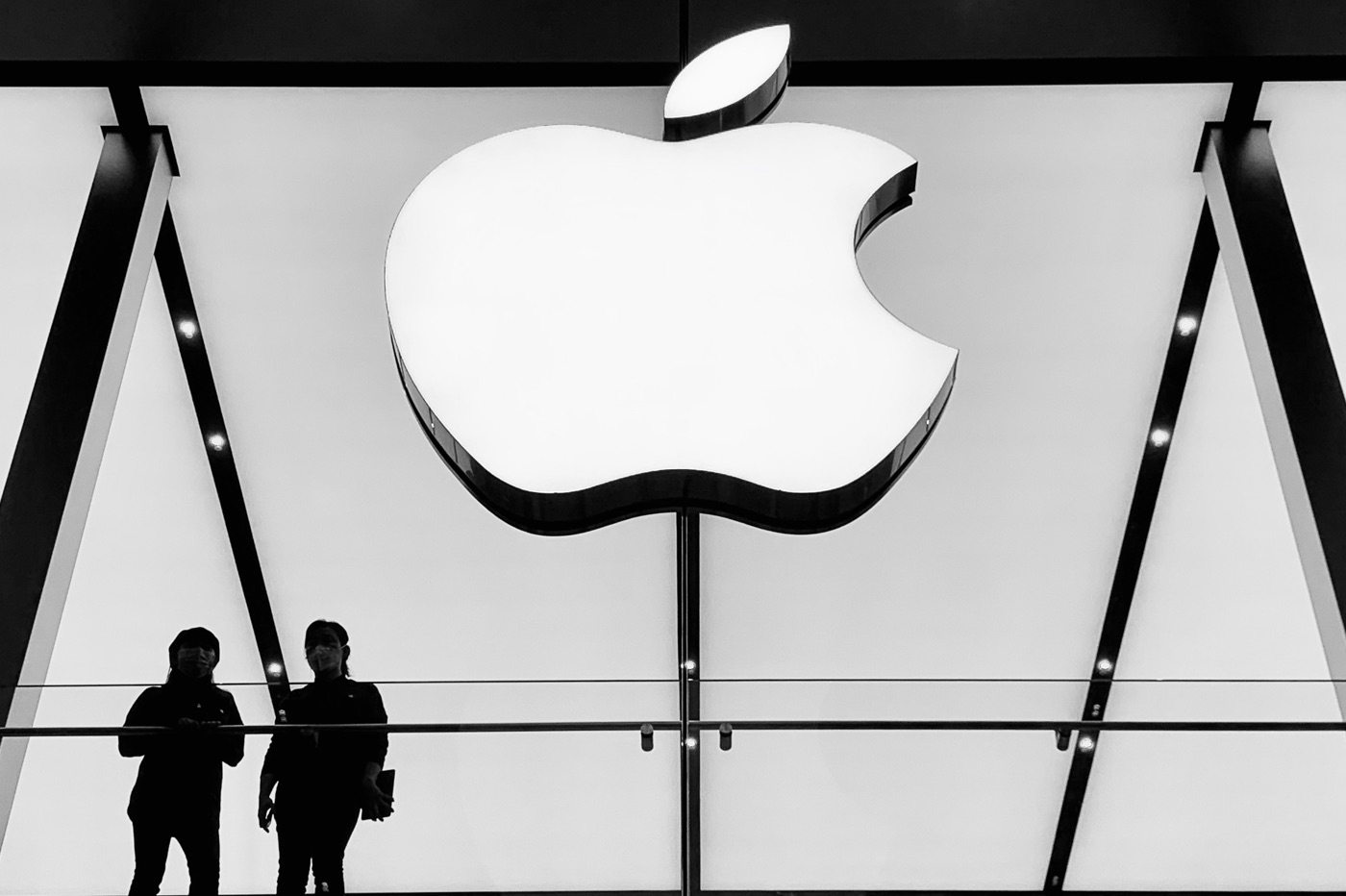The Information, English-speaking media, has just published an unprecedented investigation which reveals the ins and outs of the confidential deal between the Chinese government and Apple.Its value is estimated at $275 billion, a record sum which would have allowed Apple to better establish itself in the country in exchange for industrial promises.
But that's not all, since in exchange for this sum the firm would also have committed to signing for more orders with another partner of choice on site, namelyLuxshare. Growing company,it has also just acquired a large-scale factorycapable of producing several million iPhones in 2022. A choice replacement for Foxconn,facing strong criticism in recent weeksand whose fate is conversely uncertain.
Is this the new king of assembly?
To date, however, Hon Hai remains in the majority in terms of market share if we refer to the final assembly sector of Apple mobiles. There are also firms such as Wistron and Pegatron, but their delivery volume is lower. According toThe Information, Luxshare factories would now even becapitalized at a higher levelthan those of the competition.
The income generated by Cupertino, for its part, would still be ten times lower than that of the current number one. But all this could change, especially since executives ofFoxconn would be worriedvery seriously about this competition. Rumors first reported by the news agencyReuters, often well informed, but since refuted by the person concerned.
Headphones
Among the other products assembled by Luxshare are also mentioned theAirPods. They have just received a third mid-range version, while their Pro version should also be re-released in 2022 according to most rumors and specialist analysts. So much potential income for the subcontractor, a sign once again that it could dethrone its great rival.
Apple had, however, distanced itself from the Middle Kingdom following the trade sanctions taken against it by the Trump administration, in favor of India. But will this return to basics signify additional concerns in the face of thesurveillanceof large local employers by the authorities?






